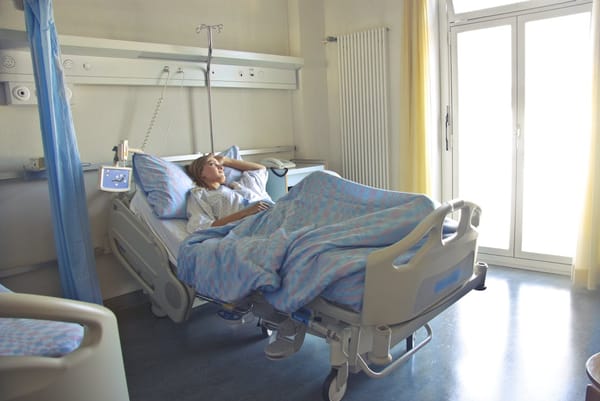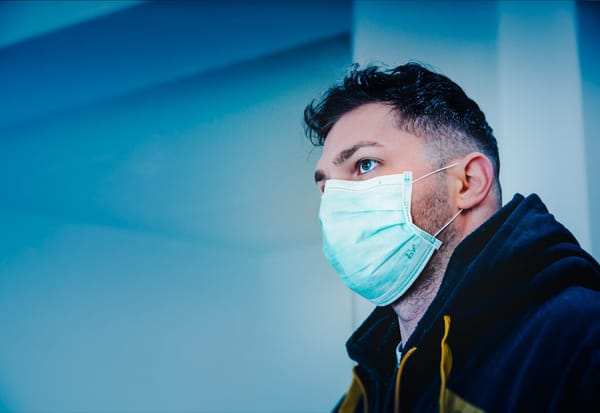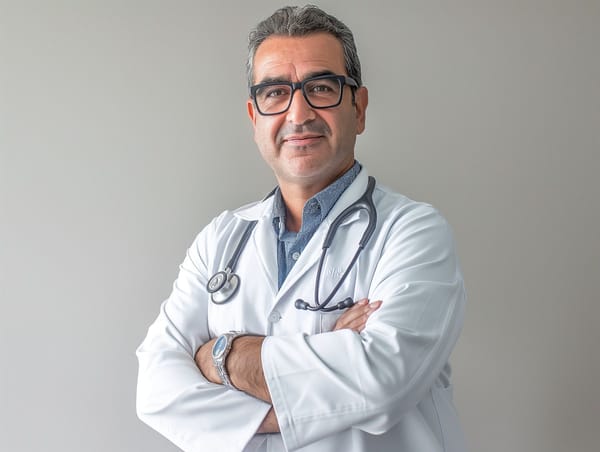How to Help Your Loved One Overcome Addiction (And Stay Sane Doing It!)
Table of Content
Addiction is a challenging and complex issue that affects not only the individual but also their families and loved ones. If you are supporting someone battling addiction, know that your role is crucial in their recovery journey.
This guide offers practical advice, actionable tips, and a clear understanding of addiction treatment to help you navigate this difficult time.
Understanding Addiction: What Families Need to Know
Before diving into treatment options and tips, it's essential to understand addiction:
- Addiction is a Disease, Not a Choice: Addiction is not a moral failing or lack of willpower. It's a chronic brain disorder that requires medical, psychological, and emotional intervention.
- Different Triggers and Causes: Addiction can stem from genetic predisposition, mental health issues, environmental factors, or traumatic experiences. Recognizing these triggers can help you empathize and approach the issue with compassion.
- Recovery is a Journey: Recovery is not a straight line. It’s filled with ups and downs, and relapses are not failures but opportunities to adjust the treatment approach.
Steps to Take When a Loved One is Struggling with Addiction
1. Educate Yourself
Learn about addiction, its effects, and the available treatment options. Understanding the science behind addiction can help you communicate more effectively and support your loved one without judgment.
2. Avoid Enabling Behavior
While it’s natural to want to help, enabling can perpetuate the addiction. Examples of enabling behaviors include:
- Covering for missed work or school.
- Providing money that might fund their addiction.
- Ignoring harmful behaviors.
3. Encourage Professional Help
Addiction is not something you can tackle alone. Encourage your loved one to seek professional help through:
- Rehabilitation Centers: Provide structured environments for detox and therapy.
- Counseling Services: Include individual, group, and family therapy sessions.
- Support Groups: Organizations like Alcoholics Anonymous (AA) and Narcotics Anonymous (NA) offer community support.
Types of Addiction Treatment
1. Detoxification (Detox)
Detox is often the first step in addiction treatment. It involves removing harmful substances from the body under medical supervision. During detox, your loved one may experience withdrawal symptoms, which is why professional care is crucial.
2. Inpatient Rehabilitation
Inpatient programs require the individual to stay at a treatment facility. These programs offer:
- 24/7 medical and emotional support.
- A structured routine that eliminates access to addictive substances.
- Intensive therapy sessions.
3. Outpatient Programs
Outpatient programs allow patients to live at home while attending scheduled therapy sessions. They are ideal for individuals with a supportive home environment and a less severe addiction.
4. Medication-Assisted Treatment (MAT)
MAT combines medications with behavioral therapies to treat addiction. Common medications include:
- Methadone and Suboxone for opioid addiction.
- Naltrexone to prevent alcohol or opioid relapses.
- Antidepressants or antianxiety medications for co-occurring mental health disorders.
5. Therapy and Counseling
Therapy is a cornerstone of addiction treatment. Common approaches include:
- Cognitive Behavioral Therapy (CBT): Helps identify and change negative thought patterns.
- Motivational Interviewing (MI): Encourages individuals to commit to recovery.
- Family Therapy: Strengthens relationships and addresses family dynamics that may contribute to addiction.
Practical Tips for Families
1. Build a Support Network
Supporting someone with addiction can be emotionally taxing. Connect with others who are in similar situations by joining family support groups such as Al-Anon or Nar-Anon.
2. Communicate with Compassion
Avoid accusatory or judgmental language. Instead, focus on:
- Expressing your concerns using "I" statements (e.g., "I’m worried about your health" instead of "You’re ruining your life").
- Listening without interrupting.
3. Set Healthy Boundaries
Boundaries are essential to protect your well-being and avoid enabling. Examples include:
- Refusing to provide money for addictive substances.
- Establishing clear rules for behavior in your home.
4. Celebrate Small Wins
Recovery is a series of small victories. Celebrate milestones like attending therapy sessions, staying sober for a week, or completing a detox program.
5. Take Care of Yourself
You can’t pour from an empty cup. Prioritize self-care through:
- Regular exercise.
- Adequate rest.
- Seeking counseling for yourself if needed.
What to Avoid
1. Avoid Shame and Blame
Shaming your loved one or blaming them for their addiction can push them further away. Remember, addiction is a disease.
2. Don’t Force Treatment
Recovery is most successful when the individual is ready and willing to change. Forced treatment can lead to resistance and resentment.
3. Avoid Neglecting Your Needs
It’s easy to lose yourself in the process of helping someone else. Make time for your hobbies, friends, and emotional health.
Long-Term Support Strategies
- Encourage Aftercare: After completing a formal treatment program, aftercare is crucial. Encourage your loved one to attend follow-up therapy or support groups.
- Promote Healthy Habits: Help your loved one adopt a healthy lifestyle through proper nutrition, regular exercise, and stress management.
- Be Patient: Recovery takes time. Avoid setting unrealistic expectations and focus on progress rather than perfection.
- Stay Involved: Attend family therapy sessions or support group meetings to show your commitment to their recovery journey.
Resources for Families
Here are some resources you can turn to for help:
- National Helpline (SAMHSA): 1-800-662-HELP (4357) Offers free, confidential information and referrals for addiction treatment in the U.S.
- Al-Anon and Nar-Anon: Support groups specifically for families of individuals struggling with addiction.
- SMART Recovery Family & Friends: Provides tools and support for families of individuals battling addiction.
- Books and Guides:
- "Beyond Addiction: How Science and Kindness Help People Change" by Jeffrey Foote et al.
- "The Anatomy of Addiction" by Akikur Mohammad.
Final Thoughts
Addiction affects the entire family, not just the individual. While the road to recovery can be long and challenging, your support and understanding can make a significant difference. Educate yourself, set boundaries, and encourage professional help while remembering to care for your own emotional well-being. Recovery is possible, and with the right tools and mindset, your family can overcome this challenge together.
Remember, you’re not alone in this journey—help is available, and there is hope for a brighter future.










